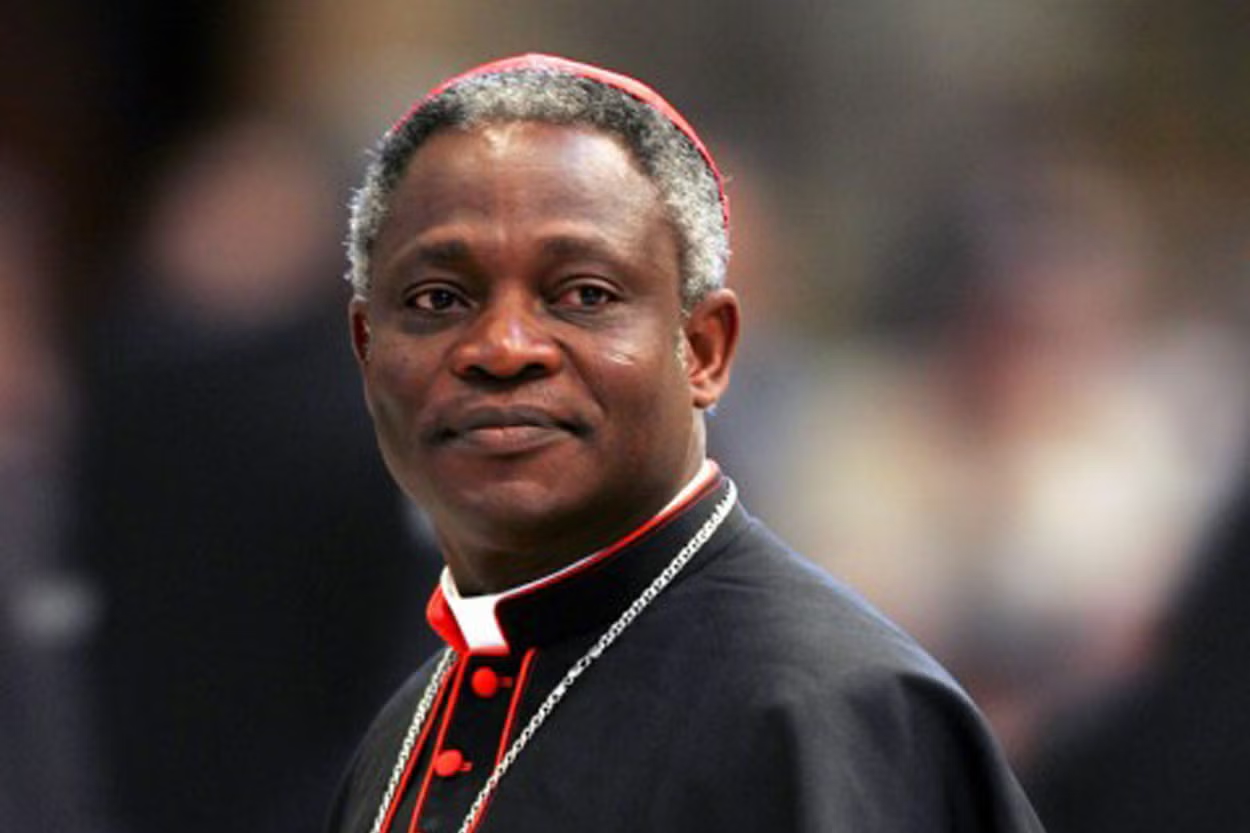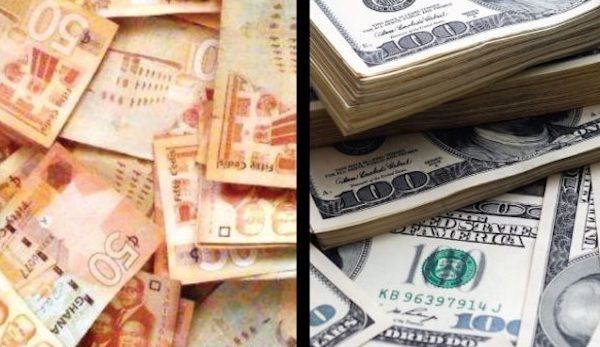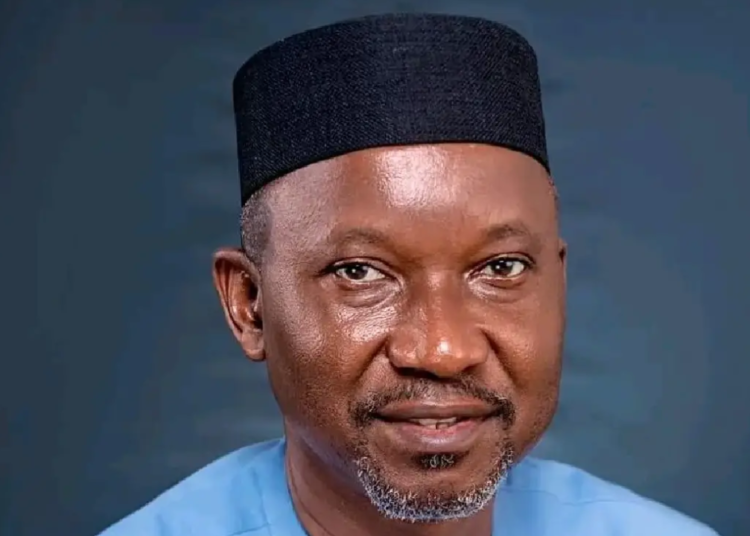Experts and stakeholders in health medicine have pin-pointed the lack or inadequate access to capital and the culture of entrepreneurship and mentorship as hindering the development of traditional medicine industry in Africa.
Suspicion, lack of policy and regulatory framework, demand for scientific proof of herbal and traditional preparation and affinity for foreign products, additionally constituted other obstacles.
These were disclosed at plenary session of the First Africa Forum on Science, Technology and Innovation (STI) in Nairobi, Kenya.
“The continent is rich in natural resources, relating to medicinal plants and harnessing these to benefit the people in the healthcare delivery system should not be far-fetched,” Professor Mohamed H. A. Hassan, co-chair of the global network of science academies says.
“The barrier between science communities, public and private sectors needed to be bridged for collaborative responses.”
Prof Hassan said governments should take the lead, integrate innovation frameworks with the private sector, up-scaling its interests and investments to serve as the driving mechanism for traditional medicine development.
“Time has come for us to collectively move science, especially traditional medicine, from the research phase to implementation and commercialisation level. Traditional medicines are highly patronized and harnessing this potential will facilitate healthcare delivery.
Prof Hassan said “African innovation in traditional medicine is rife with most of the orthodox medicines deriving their roots from African herbs as is the basis for some collaboration between the continent and development partners and research institutions.”
Ouedrago Mahama, Director, Scientific and Technical Research Commission of the African Union indicates that “AU is supporting member countries to develop and harmonise a pan-African pharmacopoeia, preferably on regional block basis, as country-by-country approaches will be fragmented and fragile.”
“We stand the chance of promoting improved well-researched products that will be acceptable beyond the political frontiers and bring healthcare delivery to the doorsteps of indigenes of Africa at the same time opening new grounds for competition.”
Dr Solomon Nwaka, Executive Director of African Network for Drugs Diagnostic Innovation stated that African governments need to complement research funding in the continent to protect intellectual property rights of findings into traditional medicines.
“Usually, these rights are compromised due to the extended influence. Africa must develop its own mechanisms to harness its resources in producing medicines that are efficacious and meet safety standards.”
Mr Raphael Eklu-Natey, R&D Biological Consultant into traditional medicines said “adopting western templates in certifying traditional preparations remained an aberration that must be done away with.”
“We need African solutions to be able to compete in the medical global market place. We have the intellectual capacity and resources to excel.”**
Source: GhanaWeb











